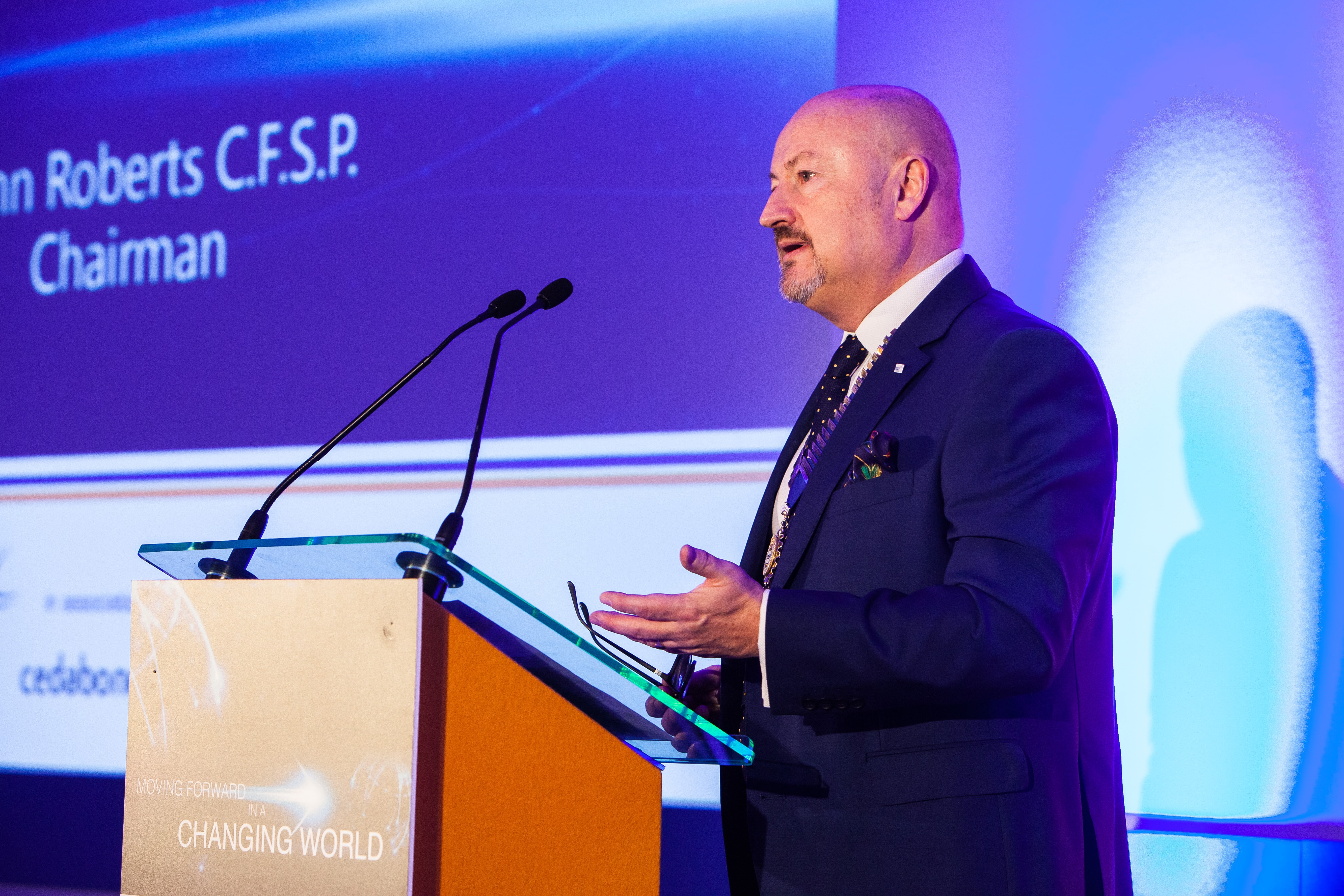
The EURIS Taskforce, a UK advisory body representing industrial product suppliers covered by the single market, has called on the UK government to establish a post-Brexit industry and government liaison body with the remit of confirming and recommending for adoption aspects of future European legislation that specifically impact on the industrial product supply sector.
Representing sectors with a turnover of over £105 billion across electrotechncial, electronics, renewables and mechanical engineering products, one of the taskforce’s members is the Catering Equipment Suppliers Association (CESA). We spoke with Glenn Roberts, chair of CESA, to discuss his thoughts on the value behing a liaison body.
Why would a post-Brexit Industry and Government liaison body be a positive thing from a CESA perspective?
The creation of a post Brexit Industry and Government liaison body, dedicated to product manufacturers, would enable the catering equipment supply sector (and all sectors represented by EURIS) to remain competitive by ensuring no new non-tariff barriers to UK-EU trade are introduced. As our sector operates in long-term, multi-stage cycles for both regulation and product design, the creation of such a body would be hugely valuable and indeed we see it as essential for the future competitiveness of our sector.
How would you like to see CESA contributing to it? What would its role be?
CESA is a key and vocal member of the EURIS Taskforce. We would like to see our sector represented on the Taskforce through our ongoing membership of EURIS.
What additional support does the industry currently need from the government at the moment?
In addition to the creation of a Government and Industry liaison body, we need detailed and specific guidance from Government on the impact of regulatory change on different types of products as we get closer to March 2019. CESA, and our industry bodies, are in ongoing dialogue with officials at BEIS in particular about this and will continue to ask questions and press for detail from Government.
How are CESA members faring amidst the uncertainty the Brexit environment has created? How wide-reaching are the effects?
The effects of Brexit are reaching every part of the industry. However, most CESA members are continuing business as usual, despite market uncertainties. In fact, although the home market has been sluggish over the last quarter, exports are growing.
Are you confident 2018 will be a good year for CESA members. What are the biggest opportunities to be had?
We’re confident that our members’ management teams have the necessary knowledge and acumen to maintain and grow their businesses, regardless of market pressures. CESA will continue to help them by keeping them equipped with the information they need, whether that’s market data or insight into regulations and legislation; by involvement in key areas that impact their businesses; and by influencing the EU and British governments.
The biggest opportunity is to embrace change. For example, there are huge advances in technology. Take the connected kitchen: it will drive down costs and bring real benefits to operators and suppliers. There are also opportunities as the operator markets at home and overseas develop, with consumer demand for out of home eating continuing to increase.
Further details:
The Catering Equipment Suppliers Association (CESA) is the authoritative voice of the catering equipment industry in the UK, representing over 190 companies who supply, service and maintain all types of commercial catering equipment – from utensils to full kitchen schemes. For more information on CESA visit www.cesa.org.uk
EURIS is an advisory body for the potential impacts of the changing relationship between the UK and EU for the UK Government, manufacturers and media. EURIS members are industry trade associations BEAMA, GAMBICA, EAMA, REA, CESA, FETA, MTA and TechWorks, covering some 3500 companies across electrotechncial, electronics, renewables and mechanical engineering products. www.euristaskforce.org
Michael Jones
